South China Morning Post | Both Sides Win
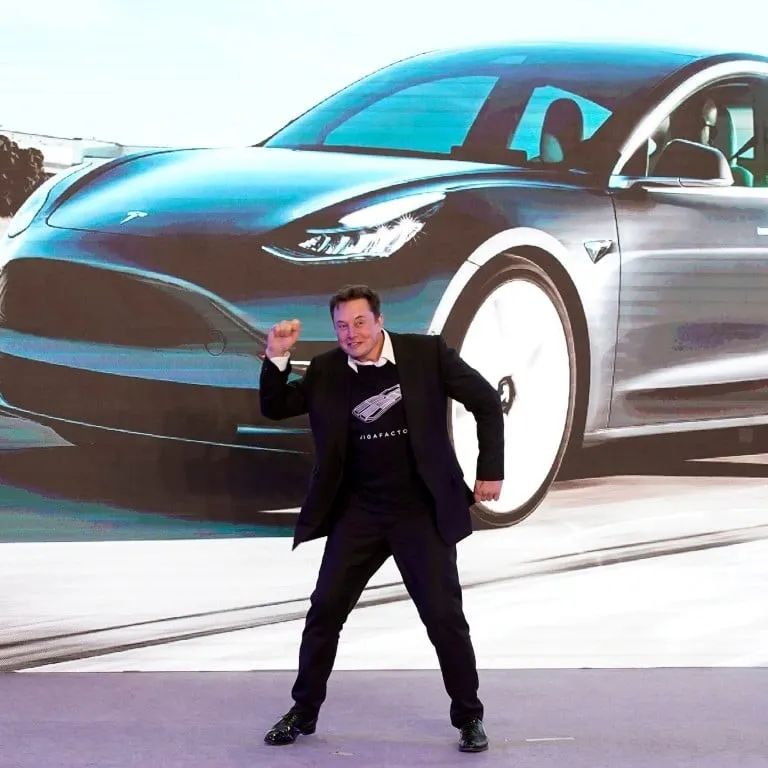
By Edward Tse
Founder & CEO, Gao Feng Advisory
2024-5-13
A recent article authored by Dr. Tse, was published by South China Morning Post on 13 May 2024. Tesla’s recent autonomous driving deal with China shows a give-and-take approach between MNCs and the Chinese government allowing both sides to win.
Soon after Tesla CEO Elon Musk met Chinese Premier Li Qiang in Beijing, news emerged of Tesla’s collaboration with Baidu to leverage the Chinese company’s mapping data and push the US carmaker’s Full Self-Driving (FSD) technology in China.
This collaboration is a significant move for Tesla amid intense competition from Chinese electric vehicle (EV) manufacturers. Musk has been seeking new strategies for the Chinese EV market – the world’s largest and arguably most innovative.
Six years ago, the US EV market was not growing as quickly as Tesla would have liked and the future seemed uncertain. News of Tesla’s difficulties hit its share price. Musk, who had been eyeing the Chinese market, visited Li, then Shanghai’s party secretary, in 2018, and negotiations led to Tesla’s Gigafactory in Shanghai.
The deal was a turnaround for Tesla. Its Shanghai factory has become the company’s largest production site, serving both the Chinese and export markets.
Why did Shanghai – and China – make the deal with Tesla and risk the US company posing strong competition to Chinese EV players? Isn’t China, as the Western narrative suggests, keen to protect its domestic companies from foreign competition?
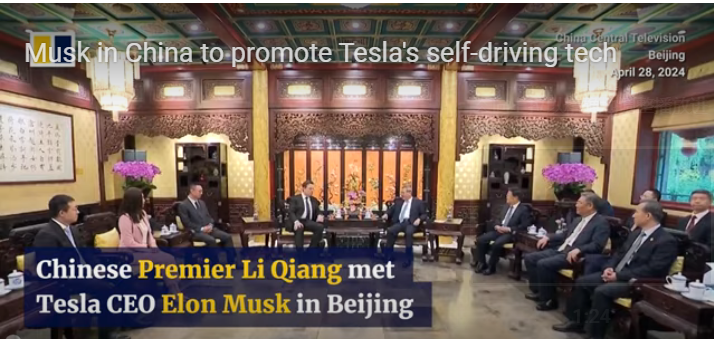
Elon Musk meets Premier Li Qiang in Beijing amid Tesla bid to promote self-driving tech
Tesla’s Gigafactory started production in December 2019. By 2022, local companies were supplying 95 per cent of the parts needed – a plethora of EV part suppliers had grown up around Tesla, developing into an extensive ecosystem. Similar ecosystems have since come up across the country to service Chinese EV makers.
This epitomises China’s approach to foreign companies. It values their contributions to technology, innovation and capability-building, and is willing to deal with them for mutual gain. The nod for Tesla’s plans to advance autonomous driving can be seen in the same spirit as the Gigafactory decision. This sentiment is shared by companies like Tesla.
Last month, German Chancellor Olaf Scholz visited China with a corporate delegation including CEOs from Siemens, Mercedes-Benz, BMW, Bayer, ThyssenKrupp and Merck. The talk was more about collaboration with and investment in China.
Ahead of the trip, Volkswagen announced a €2.5 billion (US$2.7 billion) investment to expand its production and innovation hub in Hefei, Anhui province, where it has been operating since 2017, capitalising on the city’s business-friendly reputation.
Soon after, BMW said it would inject 20 billion yuan (US$2.8 billion) to boost innovation and upgrade its Dandong plant in Shenyang, Liaoning province, a significant commitment for the German carmaker after more than 20 years in China.
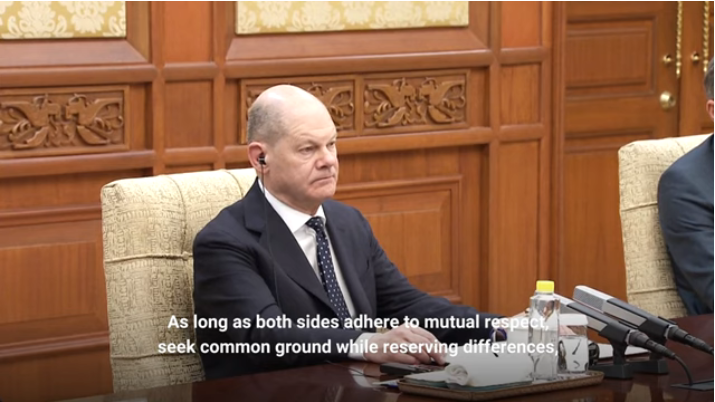
President Xi Jinping tells German chancellor to seek ‘common ground’ to strengthen ties
Also last month, Luxembourg-headquartered steelmaker ArcelorMittal unveiled plans to invest in a major project in Changzhou, Jiangsu province, to produce magnetic material for the clean energy sector, including EVs.
While there have been reports of foreign companies leaving China or moving part of their supply chain elsewhere, particularly during the Covid-19 pandemic, many others are reinforcing their commitment to China, recognising the country’s strategic importance. Indeed, many are doubling down on their investments in China.
As China prioritises “high-quality growth” (shorthand for technological innovation), the nation is mobilising its resources in what some might see as a “whole of nation” approach. In my view, this should include foreign capital from those who would like to be part of the pursuit and contribute to it.
Many foreign and Chinese companies have played a crucial role in developing extensive supplier ecosystems across China, often with support from local governments. While the government would give financial and other support to major manufacturers, it also evaluates the broader value-added impact, including benefits to a range of companies from an expanded supplier ecosystem, the expertise gained, innovations generated, and, of course, the resulting employment and tax revenues.
This requires a high level of organisation and coordination by the local Chinese governments. The synchronisation of many moving parts is at the core of making this happen. After decades of practice through rounds of experimenting, learning and adapting, governments such as in Hefei, Suzhou, Shanghai and Shenzhen have become very good at the job.
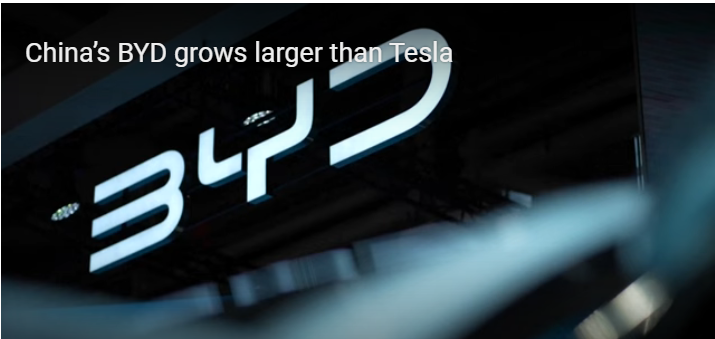
China’s BYD overtakes Tesla as world’s largest EV maker
For instance, Apple recently halted its electric carmaking project in the US after investing some US$10 billion over 10 years, while Chinese smartphone maker Xiaomi has launched an EV in just three years. Xiaomi was enabled by China’s extensive EV supplier ecosystem, built up over the years by companies and local governments under the broad strategic direction set by the central government.
In this rapidly changing world, there are two forces at work. One is breaking the world apart with notions such as decoupling, “de-risking” and the politicisation of national security. The other is keeping the world together, fuelled by the ubiquitous human desire for connectivity, the benefits of globalisation and the necessity of addressing global issues such as climate change and pandemics.
While politicians pursue their agendas, business leaders prioritise their decisions based on business logic whenever possible. Many multinational company executives I work with recognise China as more than just a market or supply chain hub; China has become a key innovation centre, particularly in advanced manufacturing. Multinational CEOs increasingly understand that engaging with China is crucial to accessing cutting-edge innovation, especially in the Fourth Industrial Revolution.
Musk is a smart man. He knows he can negotiate with the Chinese. And the Chinese government is happy to negotiate right back. It is a case of give and take, with both sides ultimately winners. And that is OK.
Edward Tse is founder and CEO of Gao Feng Advisory Company, a global strategy and management consulting firm with roots in China.
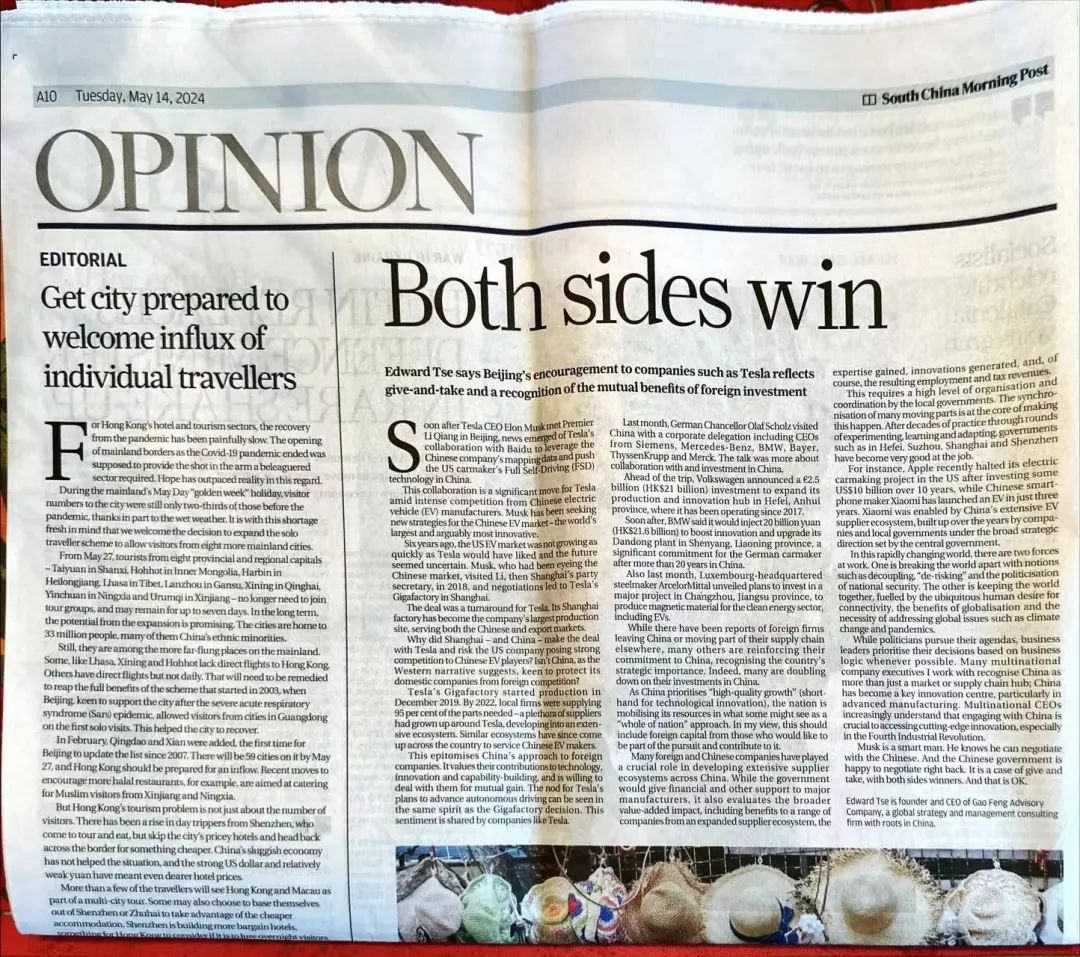
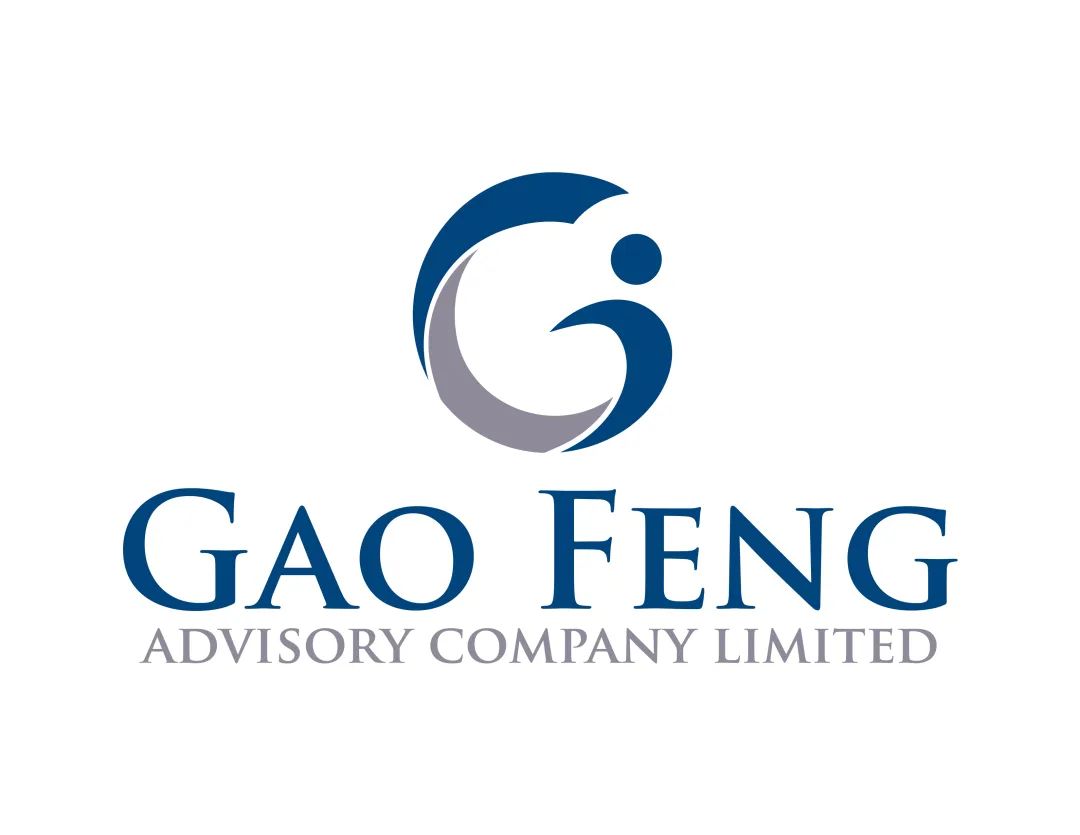
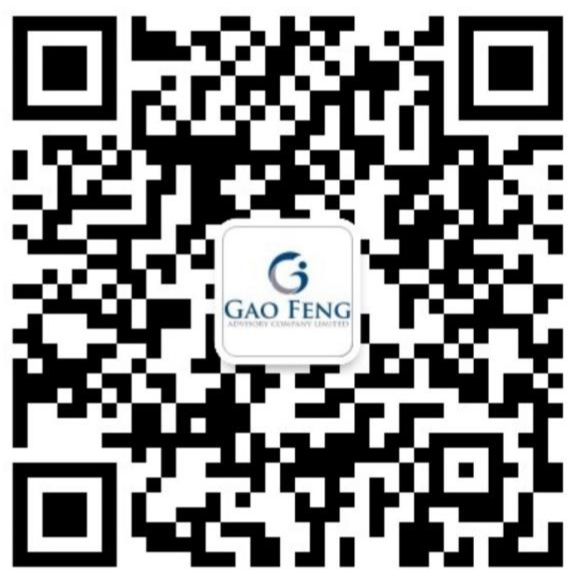
Gao Feng Advisory
Gao Feng Advisory Company is a professional strategy and management consulting as well as investment advisory firm with roots in China coupled with global vision, capabilities, and a broad resources network
Wechat Official Account:Gaofengadv
Shanghai Office
Tel: +86 021-63339611
Fax: +86 021-63267808
Hong Kong Office
Tel: +852 39598856
Fax: +852 25883499
Beijing Office
Tel: +86 010-84418422
Fax: +86 010-84418423
E-Mail: info@gaofengadv.com
Website: www.gaofengadv.com
Weibo: 高风咨询公司
